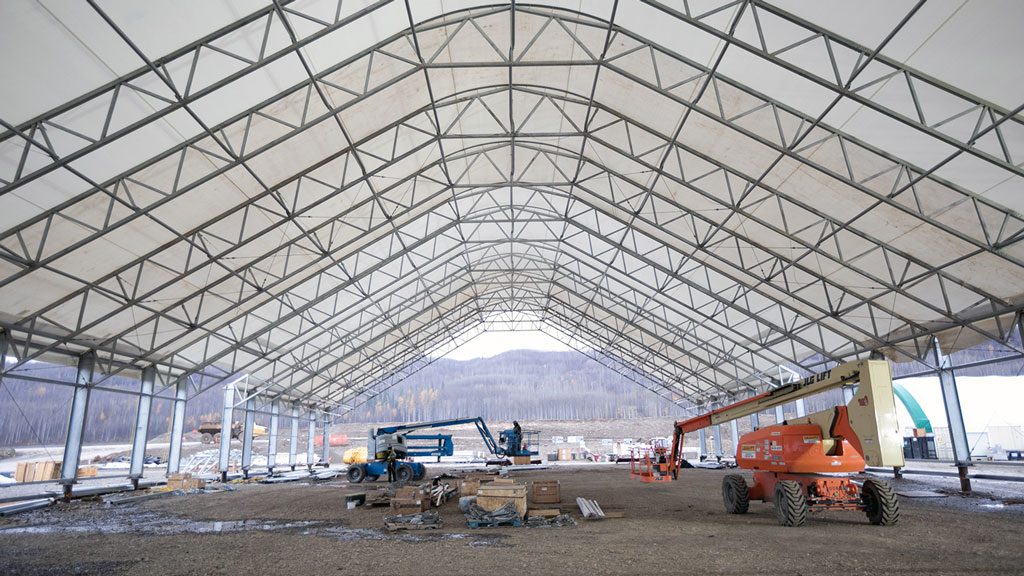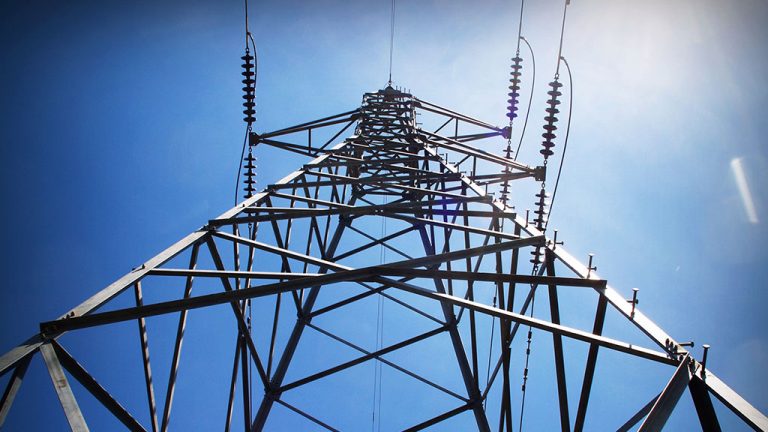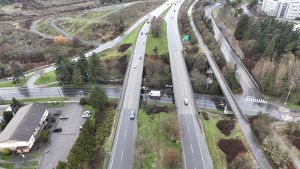Site C will go ahead.
British Columbia Premier John Horgan announced Dec. 11 that the provincial government will continue construction of the Site C project, and blamed the previous Liberal government for initiating the project.
“Megaproject mismanagement by the old government has left B.C. in a terrible situation. But we cannot punish British Columbians for those mistakes, and we can’t change the past. We can only make the best decision for the future,” Horgan said during a statement.
“It’s clear that Site C should never have been started. But to cancel it would add billions to the province’s debt – putting at risk our ability to deliver housing, child care, schools and hospitals for families across B.C. And that’s a price we’re not willing to pay.”
Cancelling the project, he said, would leave British Columbians with a $4 billion bill “with nothing in return” and would result in rate hikes or reduced spending on infrastructure, schools and hospitals.
Horgan also announced a new Project Assurance Board for oversight of “ future contract procurement and management, project deliverables, environmental integrity, and quality assurance – all within the mandate of delivering the project on time and budget. Based on current projections, BC Hydro has revised the budget (for Site C) to $10.7 billion.”
He added the government will also establish a new community benefits program to ensure Site C benefits local communities and to increase the number of First Nation apprentices working on the project. A new BC Food Security Fund will support agriculture and farming in B.C. with funding from Site C revenues.
The government will also activate a $20-million agricultural compensation fund to offset lost sales in Peace Valley agriculture and will use the Peace River Legacy Fund to tackle longer-term environmental, social and economic issues.
Horgan added the government will pursue an alternative energy strategy that focuses on “green, renewable power that helps the province exceed its climate goals.”
Horgan promised during the B.C. provincial election to send the project to the BC Utilities Commission (BCUC) for review, with a decision due by the end of the year. On Aug. 2 The lieutenant governor for B.C. requested the BCUC conduct an inquiry into the viability of the project, and on Nov.1 the report was released to the provincial government and the general public.
The panel found it unlikely Site C would meet its scheduled start date of November 2024 and that completion costs might hit $10 billion, not, as the proposed budget indicated. a projected $8.3 billion.
“I respect and honour the commitment of people who oppose Site C, and share their determination to move B.C. to a clean, renewable energy future and to embrace the principles of reconciliation with Indigenous communities. We know this decision is not what some First Nations wanted. Their voices were heard and their perspectives were an important part of the deliberations on a very challenging decision,” Horgan said.
The project does not have the support of all eight First Nations in B.C.
The review panel also found “the least attractive of the three scenarios is to suspend and restart the project in 2024. The suspension and restart scenario adds at least an estimated $3.6 billion to final costs and is by far the most expensive of the three scenarios. In addition, the panel considers it the most risky scenario because, among other things, environmental permits will expire and that will require new applications and approvals.”
Termination and remediation costs, according to the BCUC, would be approximately $1.8 billion in addition to the cost of finding alternative energy sources to meet demand.
But the panel also found BC Hydro’s demand estimates to be “excessively optimistic” and that alternative energy sources such as wind and solar power were becoming increasingly viable and could provide similar benefits to ratepayers at a lower Unit Energy Cost (UEC).
The Site C project is currently two years into construction and $2.1 billion has already been spent.
Site C will be a third dam and generating station on the Peace River in northeast B.C. near Fort St. John. The project will provide 1,100 megawatts of capacity and about 5,100 gigawatt hours of energy each year to the province’s integrated electricity system, states BC Hydro.
The Journal of Commerce will have reaction from industry stakeholders in an upcoming article.











Recent Comments
comments for this post are closed